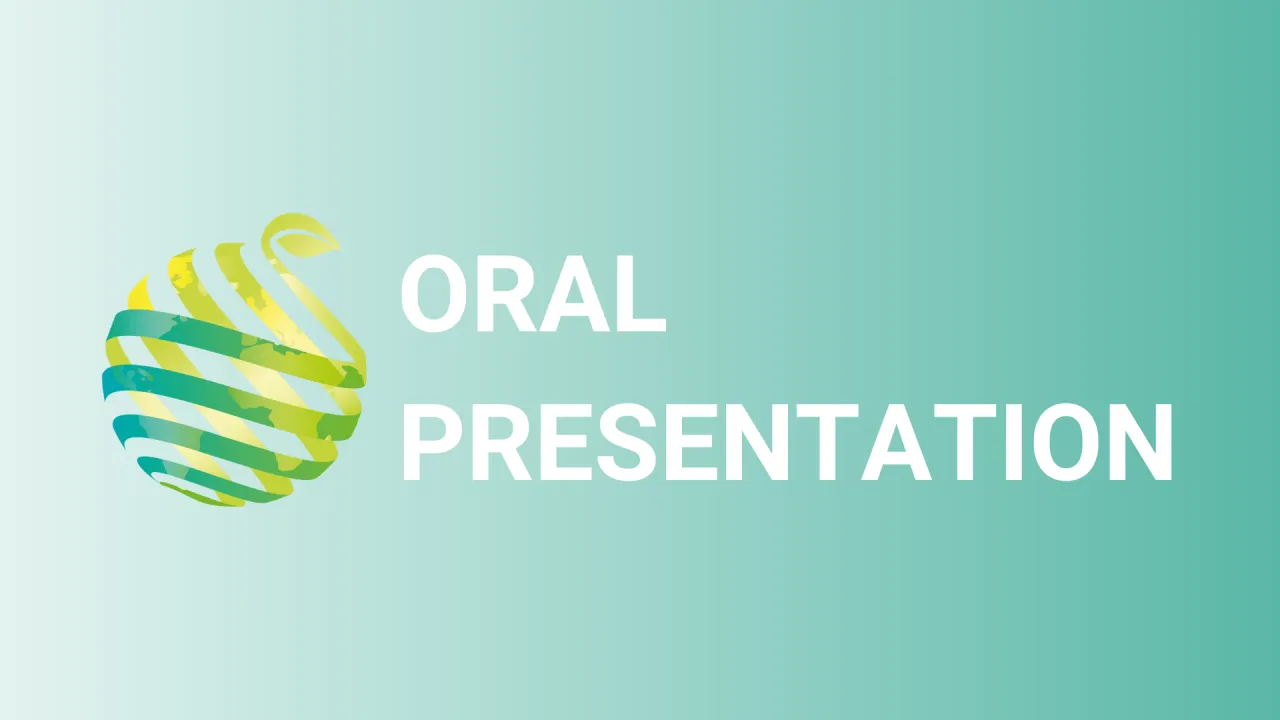

S23 - Session O2 - Role of micro-perforations on ethylene transmission rate in packaging materials used for fresh produce
Information
Authors: Akshay Dagadu Sonawane *, Namrata Pathak, Pramod Mahajan
Ethylene is a ripening hormone, biosynthesized by fruit and vegetables, that can accumulate inside the package and accelerate ripening in fresh produce which, in turn, affects its shelf-life. Ethylene transmission through the packaging plays a vital role in determining the ethylene concentration inside the fresh produce package. Several investigations describing the oxygen and carbon dioxide transmission in modified atmosphere packaging have been studied previously; however, there is lack of studies on ethylene transmission rate. Hence, this study was aimed at investigating the ethylene transmission through a laser perforated polypropylene packaging film, which is commonly used in fresh produce packaging. The impact of the perforation diameter (70 to 150 microns), film thickness (20 to 30 microns), and storage temperature (25°C) on ethylene transmission rate was investigated. The experimental setup included a cylindrical container (2.4 L) fitted with polypropylene on the top. An initial ethylene concentration of 20 ppm was established inside the container, and ethylene concentration was monitored using ETD-300 ethylene detector. A mathematical model based on Fick's law was developed to predict ethylene transmission rate as a function of perforation diameter, and film thickness. The model was validated and applied for optimizing the number of perforations in packaged fresh produce.